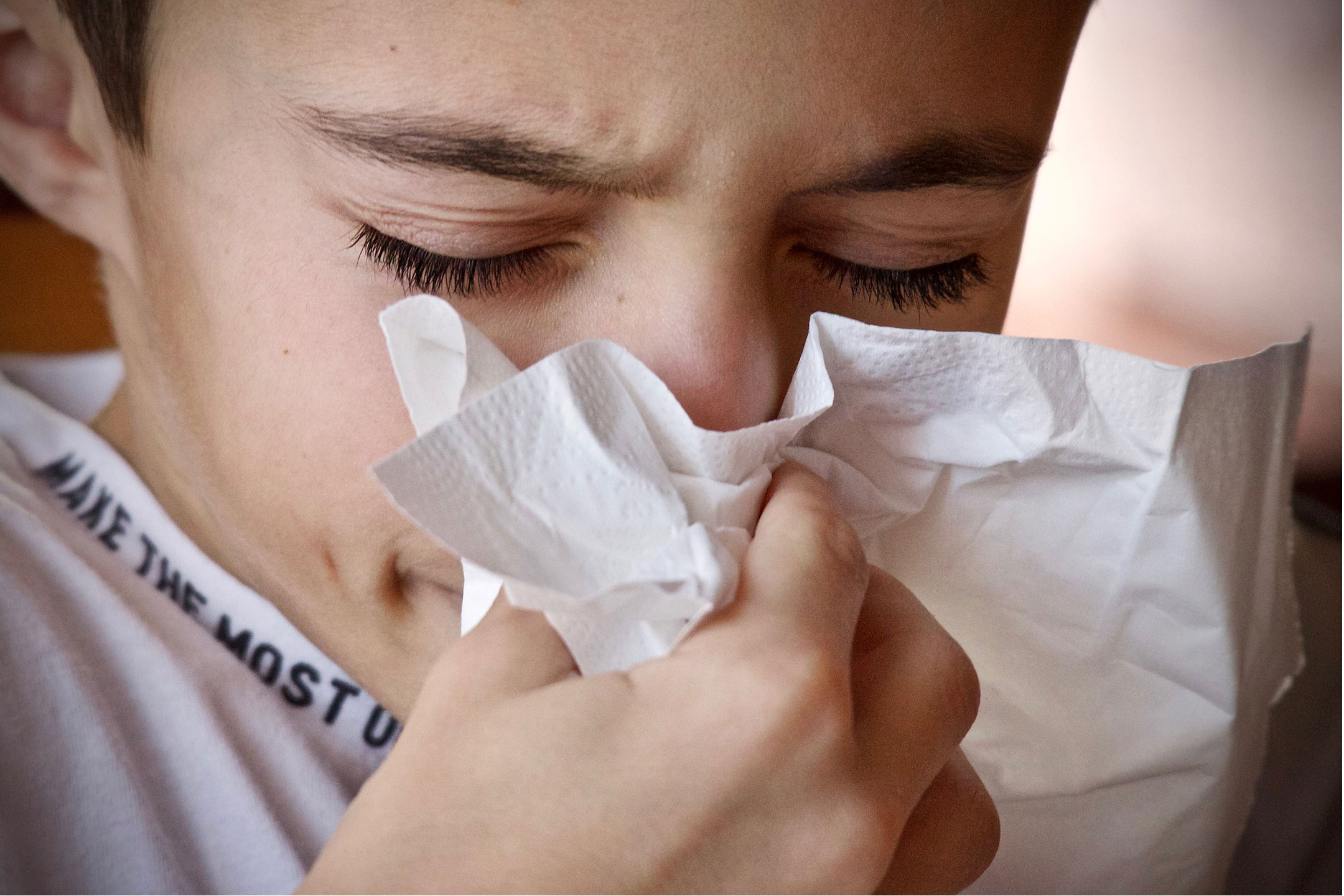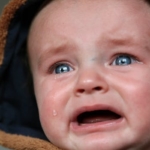
19 Sep Early hay fever season prompts urgent doctor health warning
Doctors are warning Australians not to ignore hay fever symptoms as the allergy season arrives this year.
Bupa Clinical Director Dr Tony MacDermott said the caution was most important for asthmatics, as most people with asthma were also susceptible to hay fever.
Hay fever affects about 1 in 5 Australians. It can be triggered by pollen during weather changes at this time of year in many parts of Australia and certain allergens like smoke throughout the year.
Dr MacDermott said doctors were expecting an increase in people presenting with hay fever, which typically peaks during spring and summer.
“While for some people hay fever may just be itchy eyes and sneezing, letting it go untreated can lead to ear infections in children, sinus infection in adults and can also flare up asthma,” he said.
Dr MacDermott said it could be difficult at times to tell the difference between asthma and hay fever and encouraged people with symptoms to consult their GP or a specialised allergy clinic.
“If you’re wheezing or experiencing shortness of breath or a persistent cough, don’t let that go unchecked as they’re not typical hay fever symptoms and may be signs of seasonal asthma,” he said.
“During spring, grass pollen can be spread across large distances by weather events such as thunderstorms, which may exasperate hay fever and worsen asthma. Asthma can lead to hospitalisation or even become deadly if it’s left untreated.”
Typical hay fever symptoms include sneezing, coughing, runny or blocked nose, itchy, red, or watery eyes and an itchy throat. Common asthma symptoms include wheezing, chest tightness, coughing, sweating, faintness and shortness of breath.
Dr MacDermott said prevention was the best way to manage hay fever and asthma.
“If you suffer from asthma, now is a good time to ensure your inhaler is not past its expiry date and not empty,” he said.
“Prevention is the best way to manage asthma and helps take pressure off ambulances and overcrowded public hospitals.”



